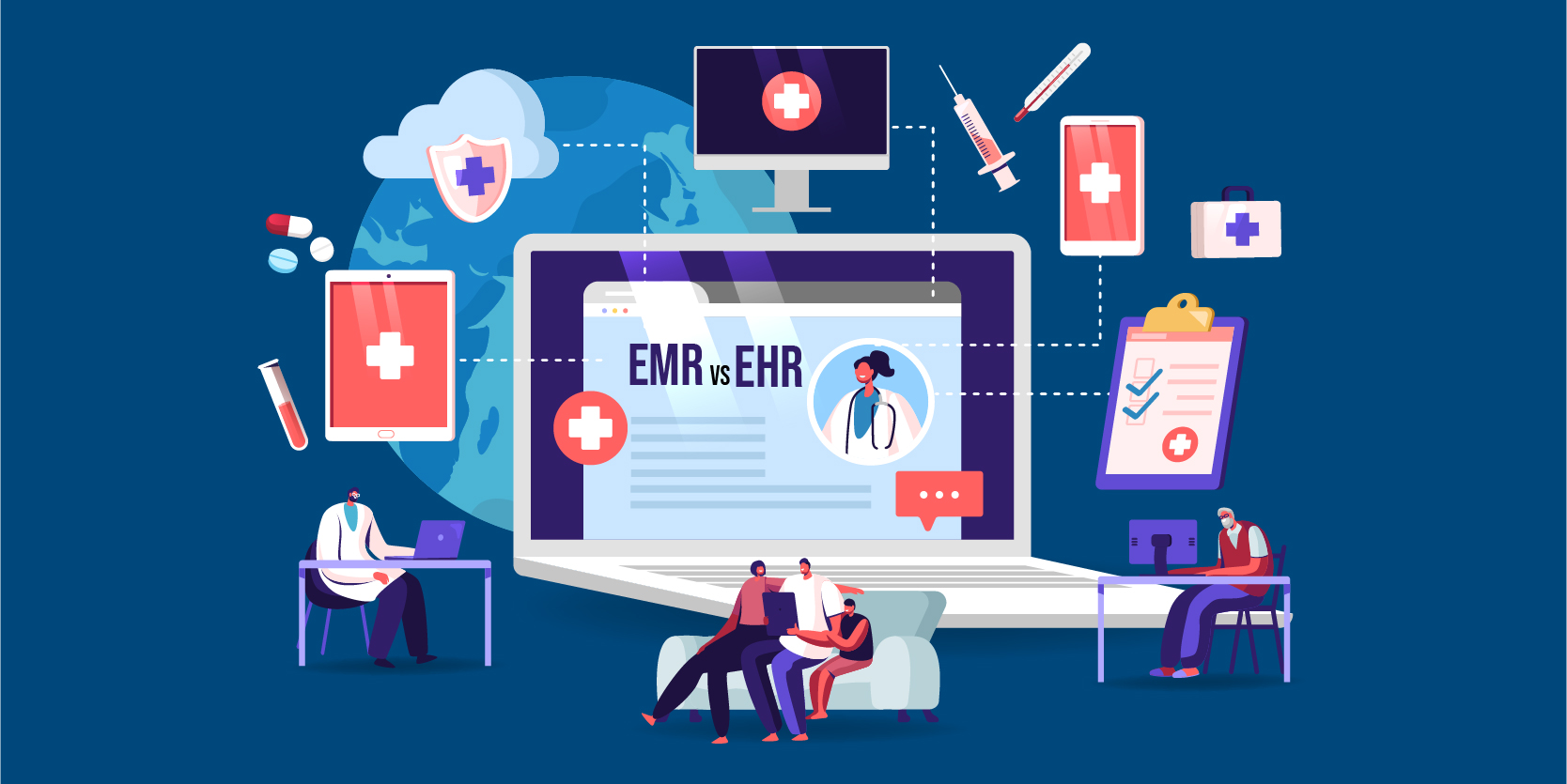EMR vs EHR: Which one should you choose?
By now you have a fair idea of the differences between EHR and EMR (a single change of letter can make quite a difference, eh!). Now it is important to find out which one out of these 2 digital records platforms will work best to grow your practice.
If you are running a private practice and have one or more clinics, a future-ready and easy-to-use EMR for doctors, such as HealthPlix can give your practice a new boost in
- Daily consultations
- Patient footfall
- Quality of care
- Management of your day-to-day clinic operations
- Access, storage, and managing of clinic data
- Data preservation for academic purposes
- Patient experience
- Patient retention and compliance
- Overall health outcome
An EMR platform gives you a clear view of how you are performing in treating patients and the quality of care in your clinic.
EHRs on the other hand is more useful in big multispeciality hospitals and large health enterprises. However, such healthcare facilities may also use an EMR system for tracking specific and sensitive patient data. EMR is also very useful here in creating patient-specific treatment and health plans.
The interoperability aspect of EHRs makes them ideal for healthcare chains with a multi-level setup – right from ER doctors to specialists and management teams. Implementation of EHR in such a healthcare organization can cut out the operational complexity.
Are you a doctor running a private practice? Then you should try out the HealthPlix EMR to digitize your clinic, consult on the go, increase the efficiency of your practice, and garner patient loyalty!
HealthPlix is India’s leading EMR for doctors, with 10,000+ strong healthcare heroes who have treated over 2 crore patients in India (that’s like 2% of the country’s population)
Oh, and before we sign off, did you know that HealthPlix EMR is absolutely FREE for doctors.
Interested in knowing more about our offerings?
Attend our upcoming webinar, being conducted exclusively for doctors.



Heya! I understand this is sort of off-topic but I had to ask.
Does building a well-established website like yours require a massive amount work?
I am brand new to writing a blog however I do write in my diary on a daily basis.
I’d like to start a blog so I will be able to share my personal experience and
feelings online. Please let me know if you have any ideas or tips for
new aspiring blog owners. Appreciate it!